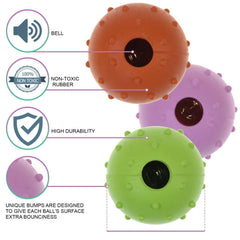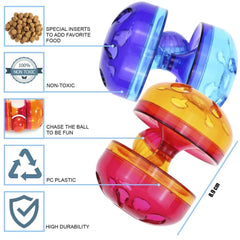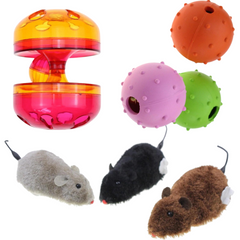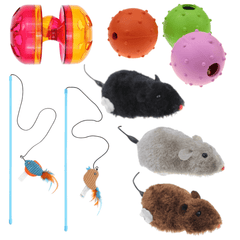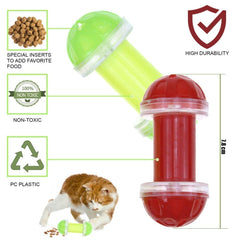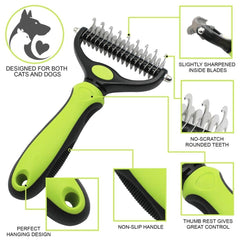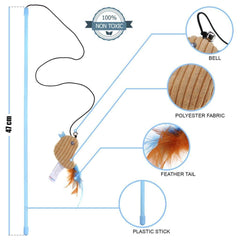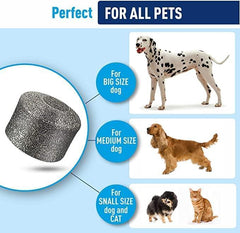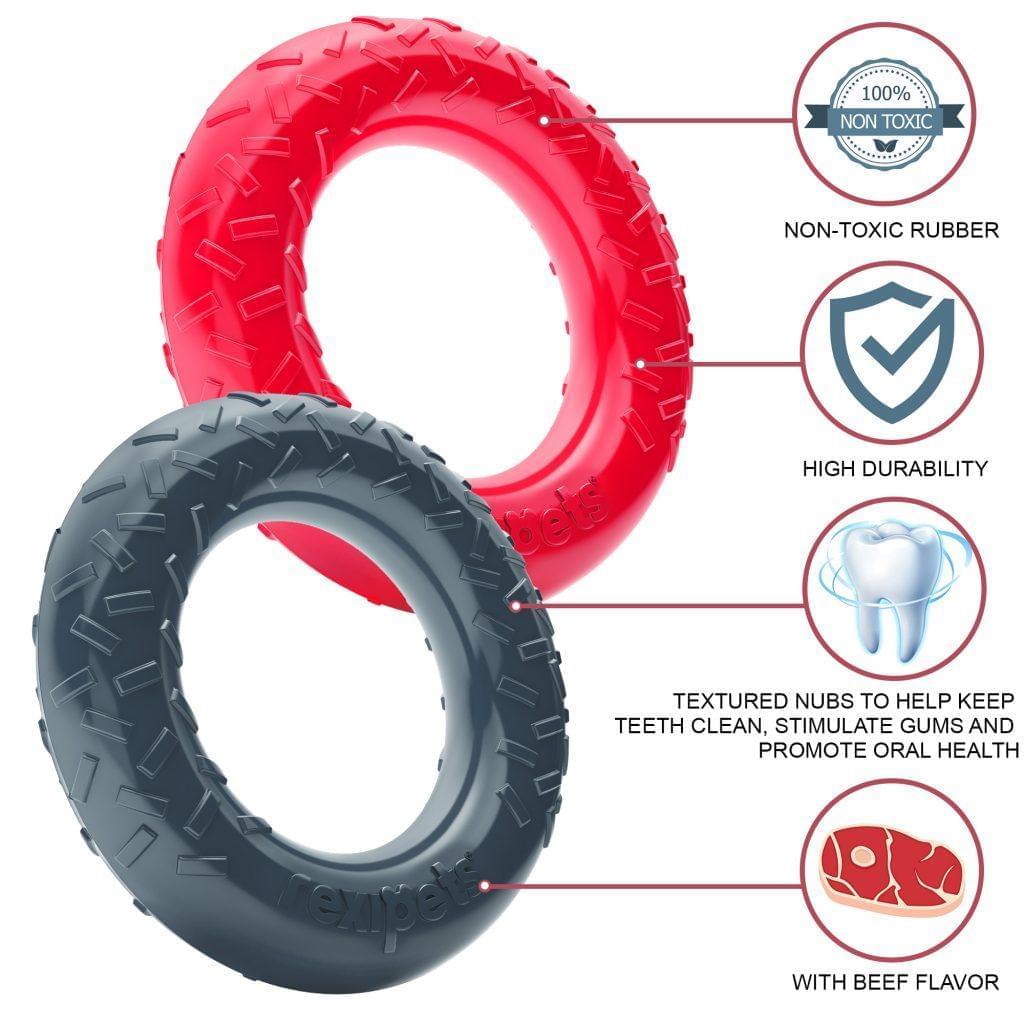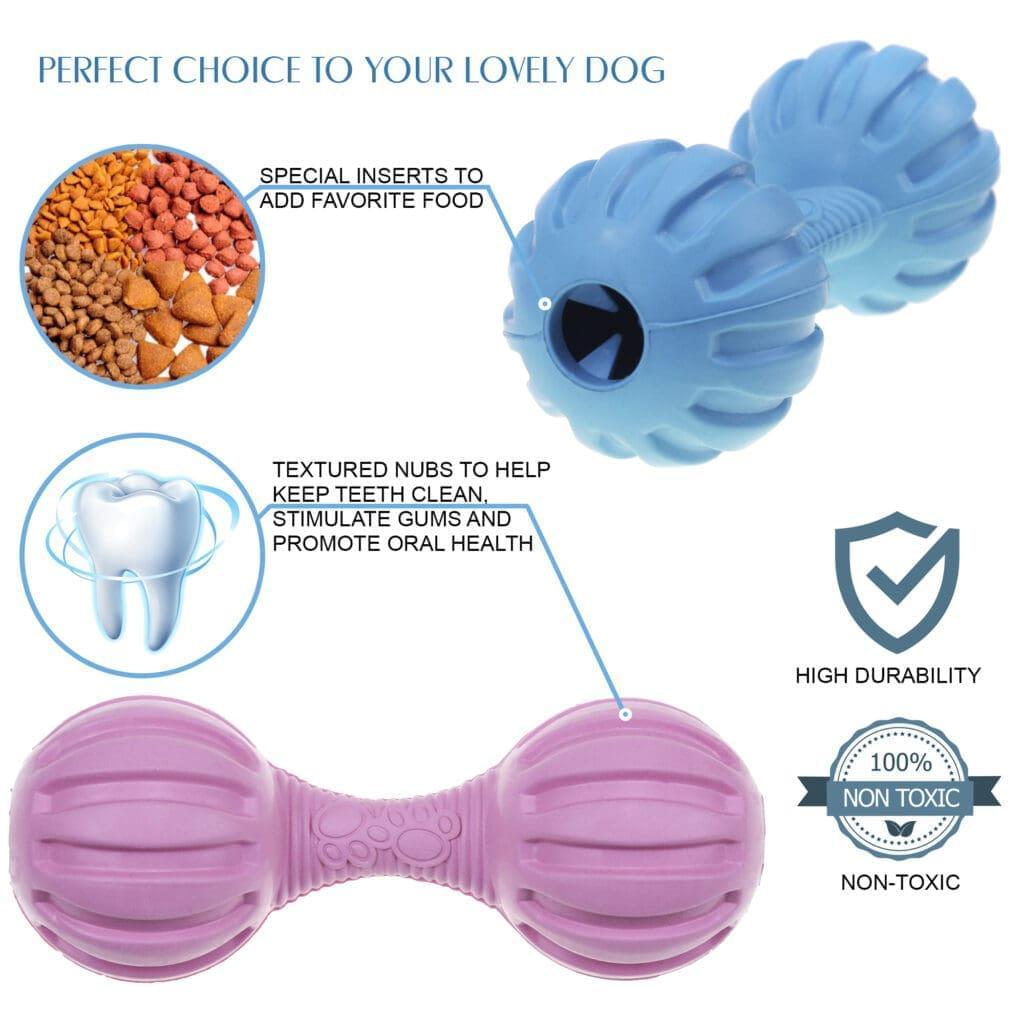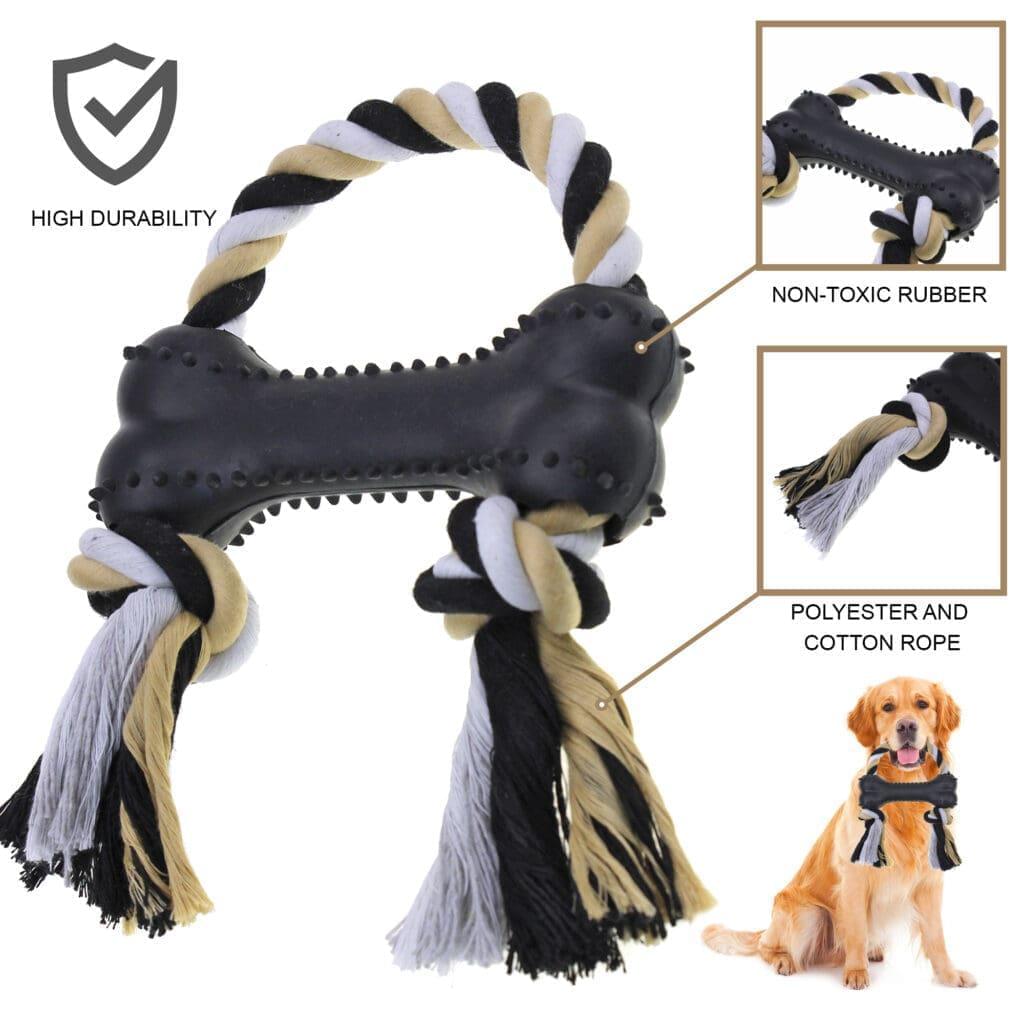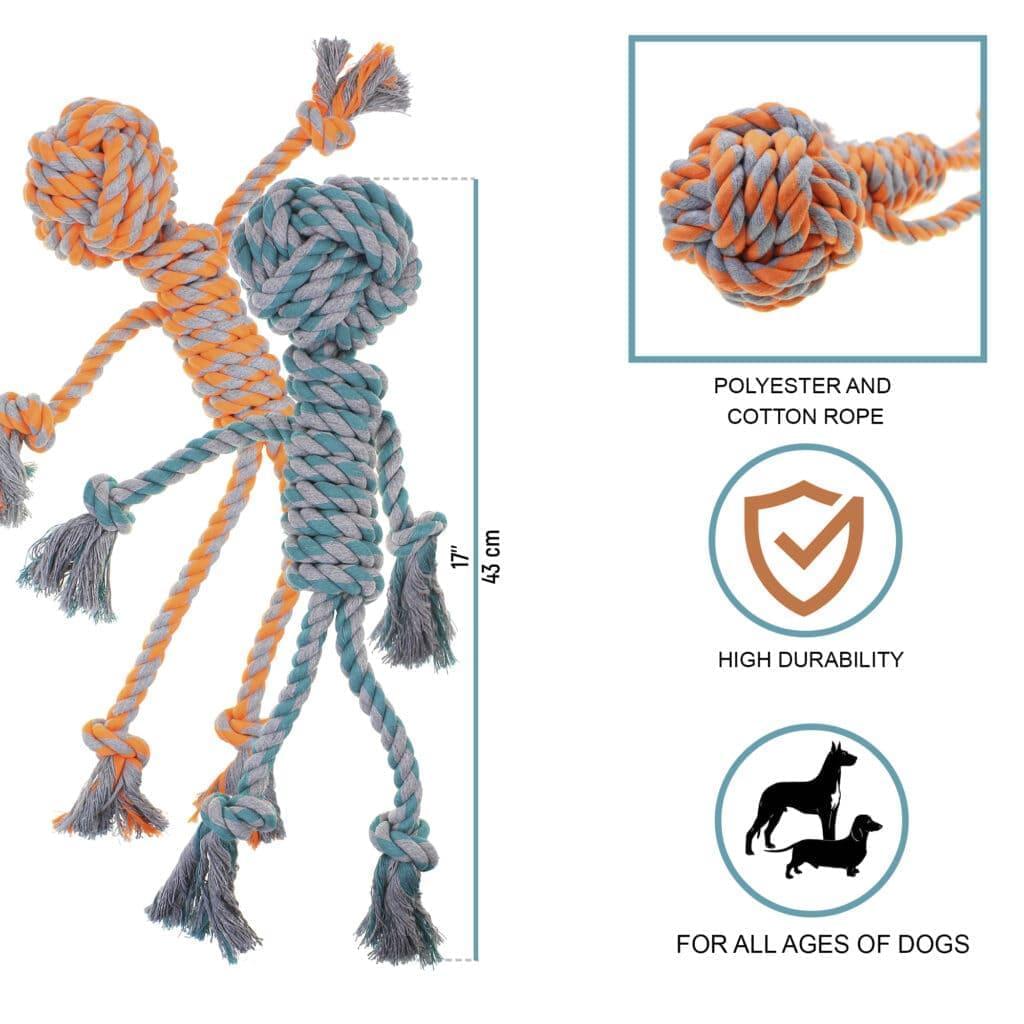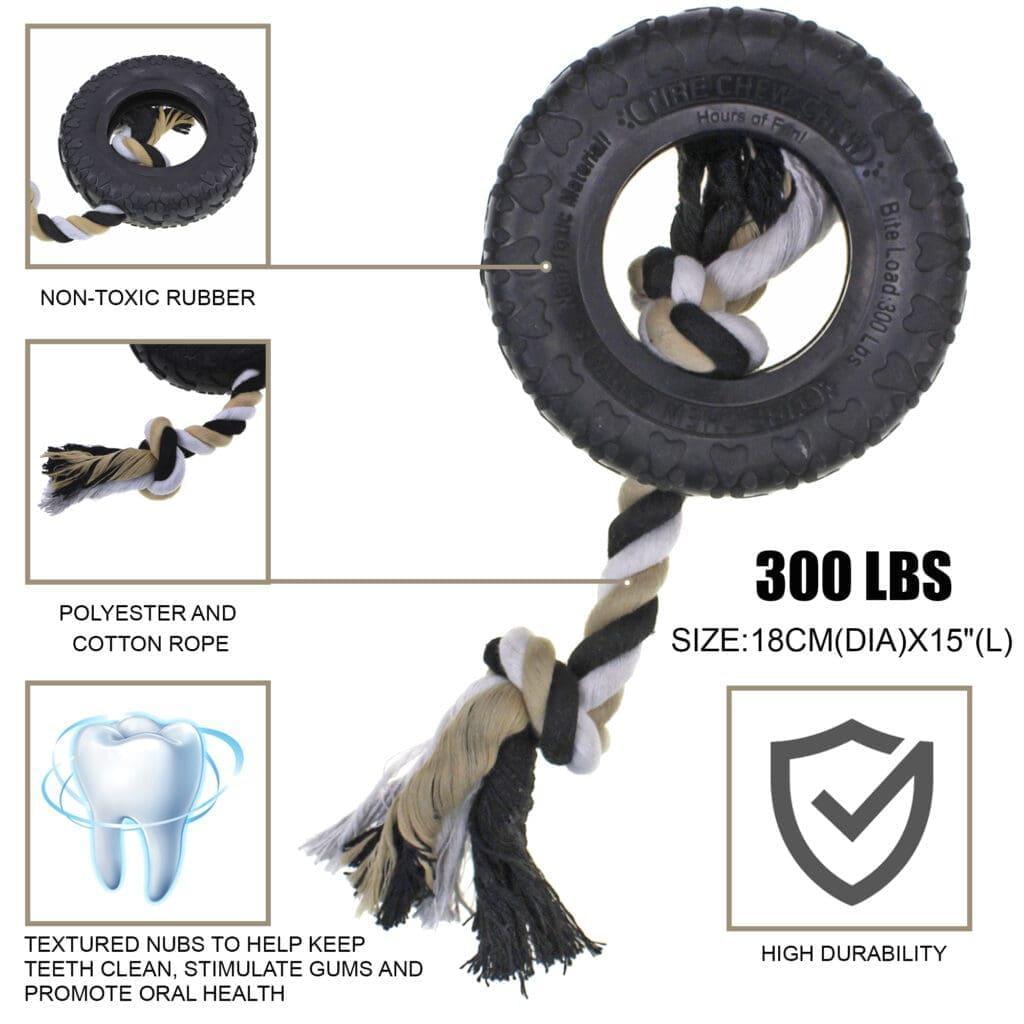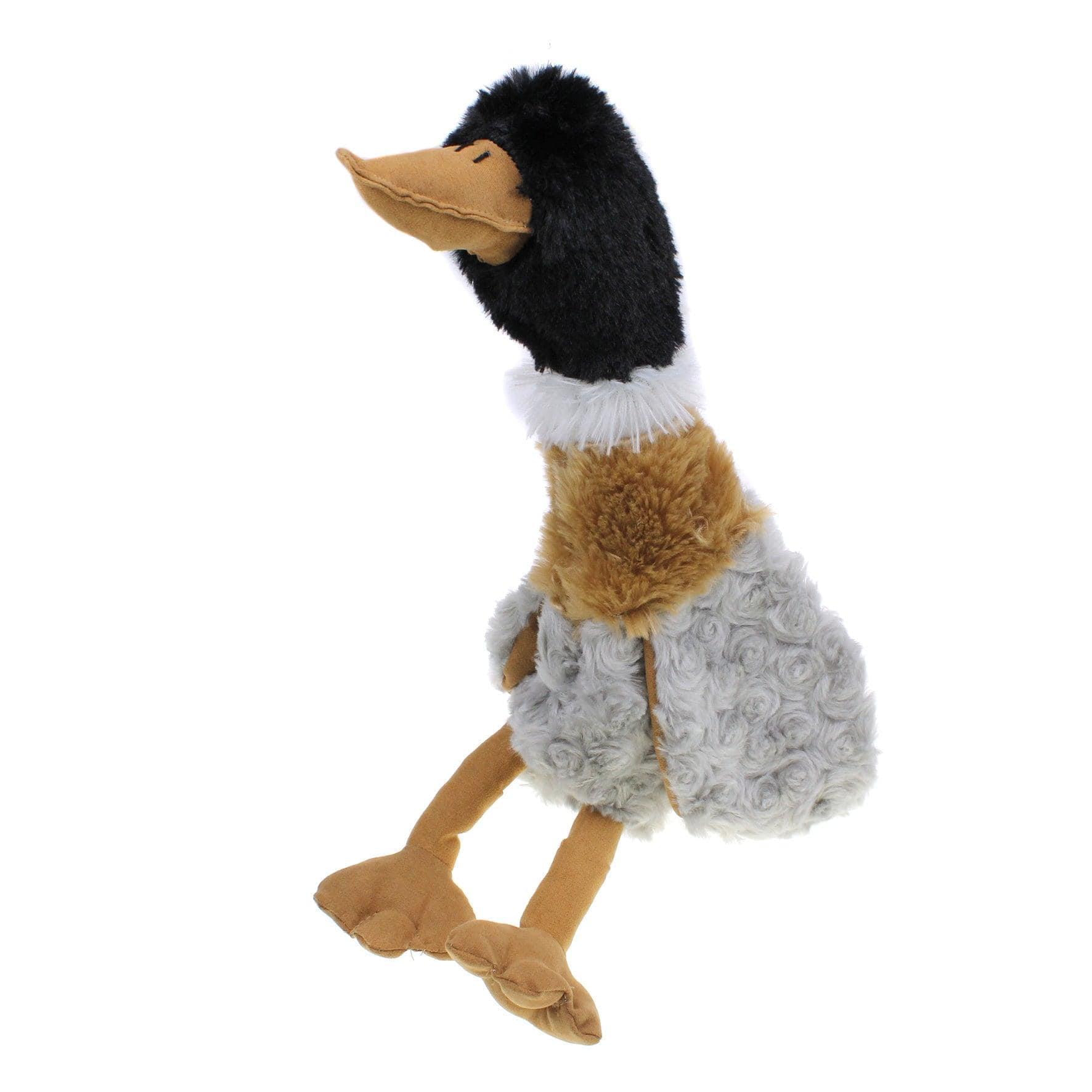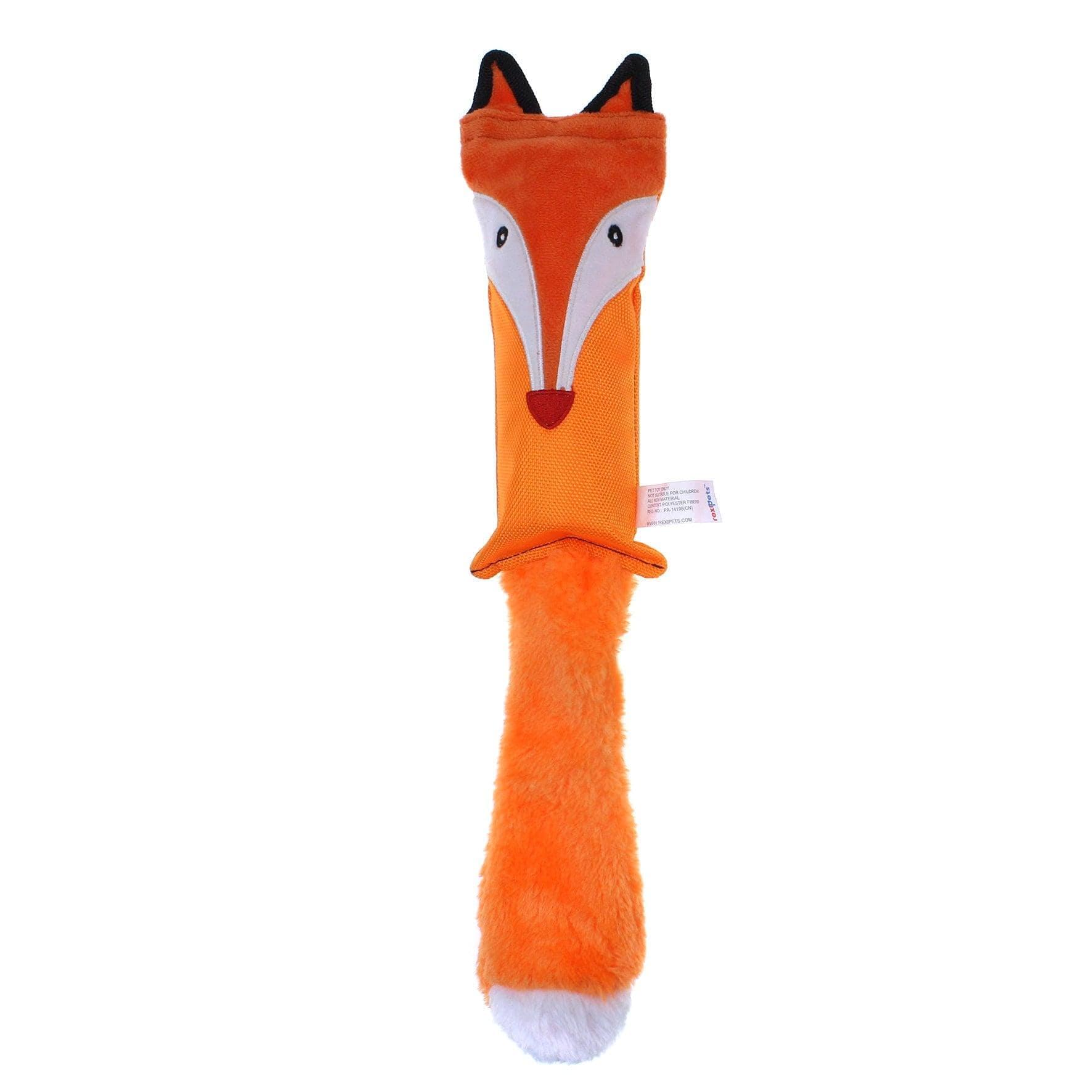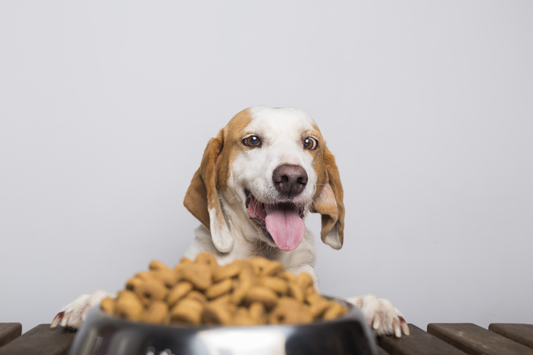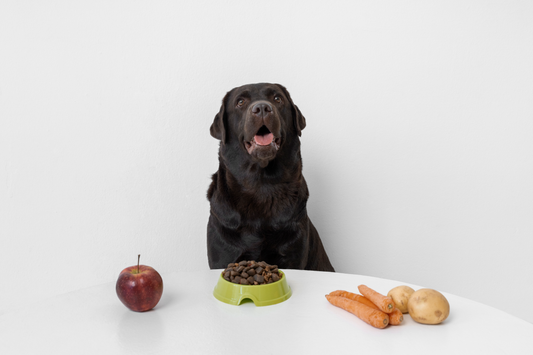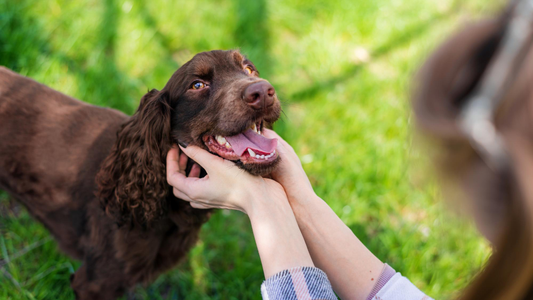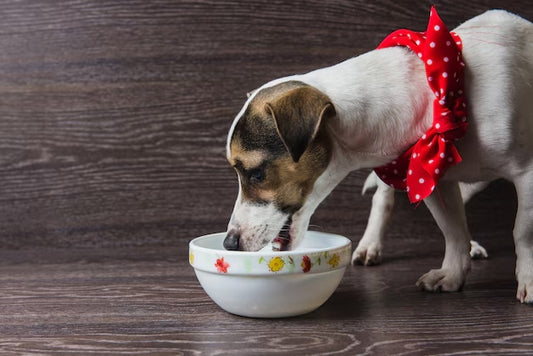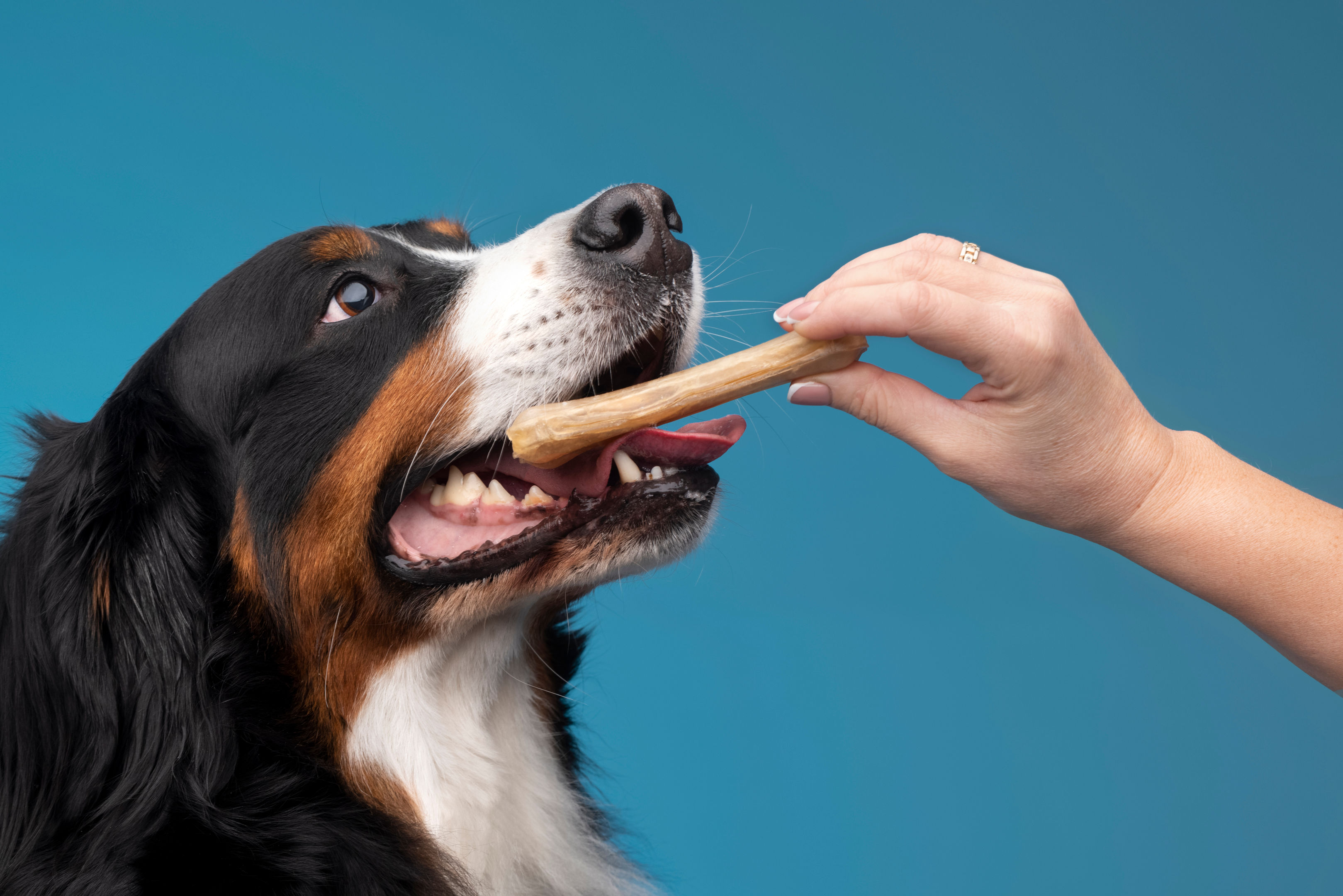
Are you worried about your furry friend's safety when you give them deer antlers?
In recent years, these natural treats have gained a lot of popularity as a durable and long-lasting chew toy option for dogs. However, the question remains: Are Deer Antlers Safe for Dogs?
In this blog post, we'll thoroughly discuss the advantages and potential drawbacks of offering your four-legged friend a chew toy in the form of deer antlers.
Before you decide to give your dog deer antlers to play with, we'll discuss the important things you should consider. This way, you can be sure you're making the right choice for your furry friend.
Are Antlers Safe for Dogs to Chew?
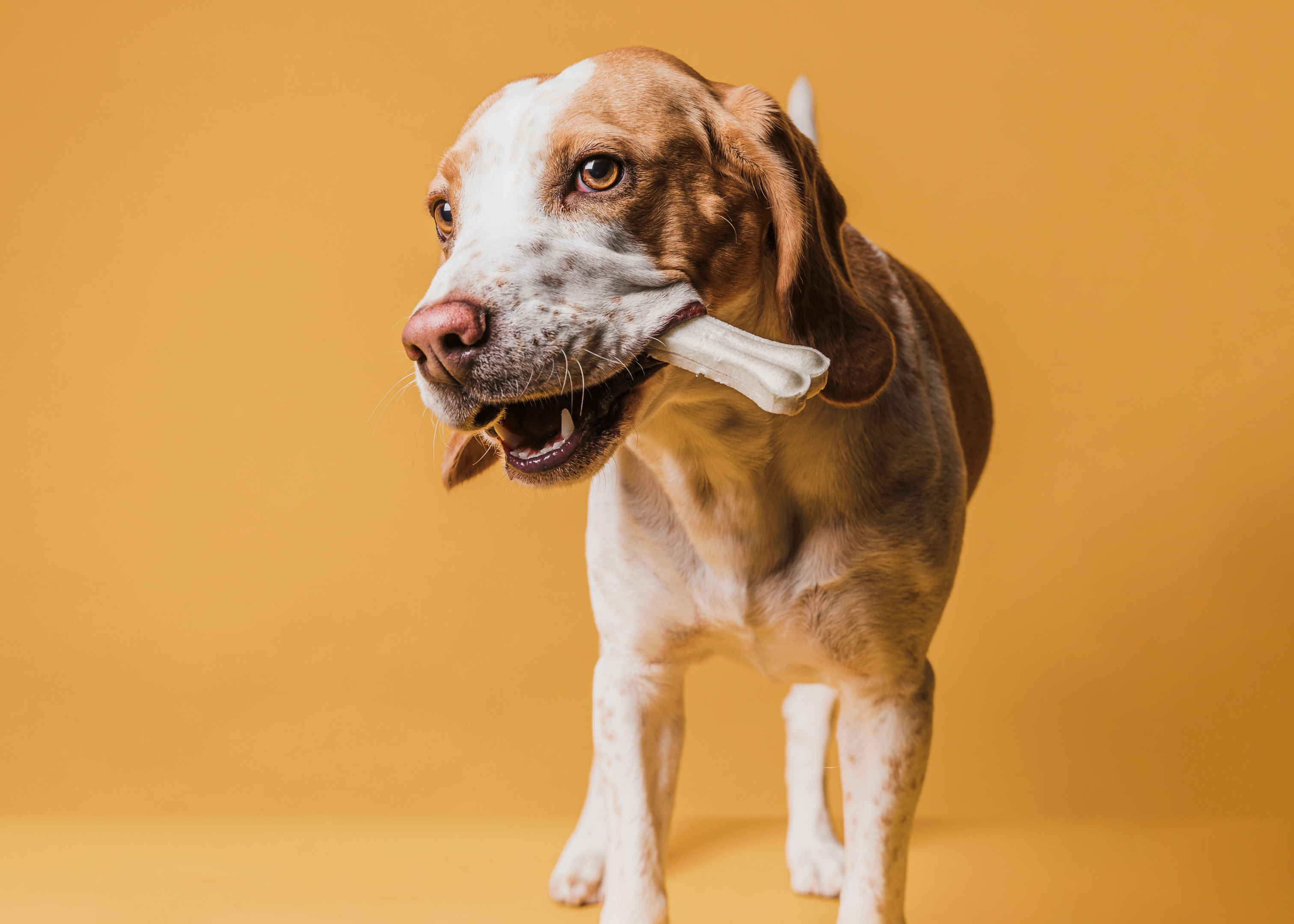
Dog chew antlers are safe for your dog, and they offer a fun and nutritious snack that your dog will surely enjoy.
When you first hand an antler to your dog, it might seem overwhelming as they differ from the conventional chew toys in the pet store. They come in big, unique shapes and are super strong and long-lasting.
Unlike regular bones or bully sticks, antlers take more time for your dog to eat, and your pet will need to put in some effort to break them down. This makes antlers a great treat for dogs that like to chew on things for a while.
The cool thing is, instead of breaking into pieces, deer antlers slowly wear down as your dog chews on them. This is perfect if your dog is a strong chewer who wants something to munch on for a long time.
However, just like with any treat, it's important to keep an eye on your pup while chewing to ensure they're doing it safely. If your dog has dental issues or is older, you might want to consider other treats like jerky, kangaroo bones, rawhide, or bully sticks that are easier to chew and digest.
Are Antlers Digestible for Dogs?
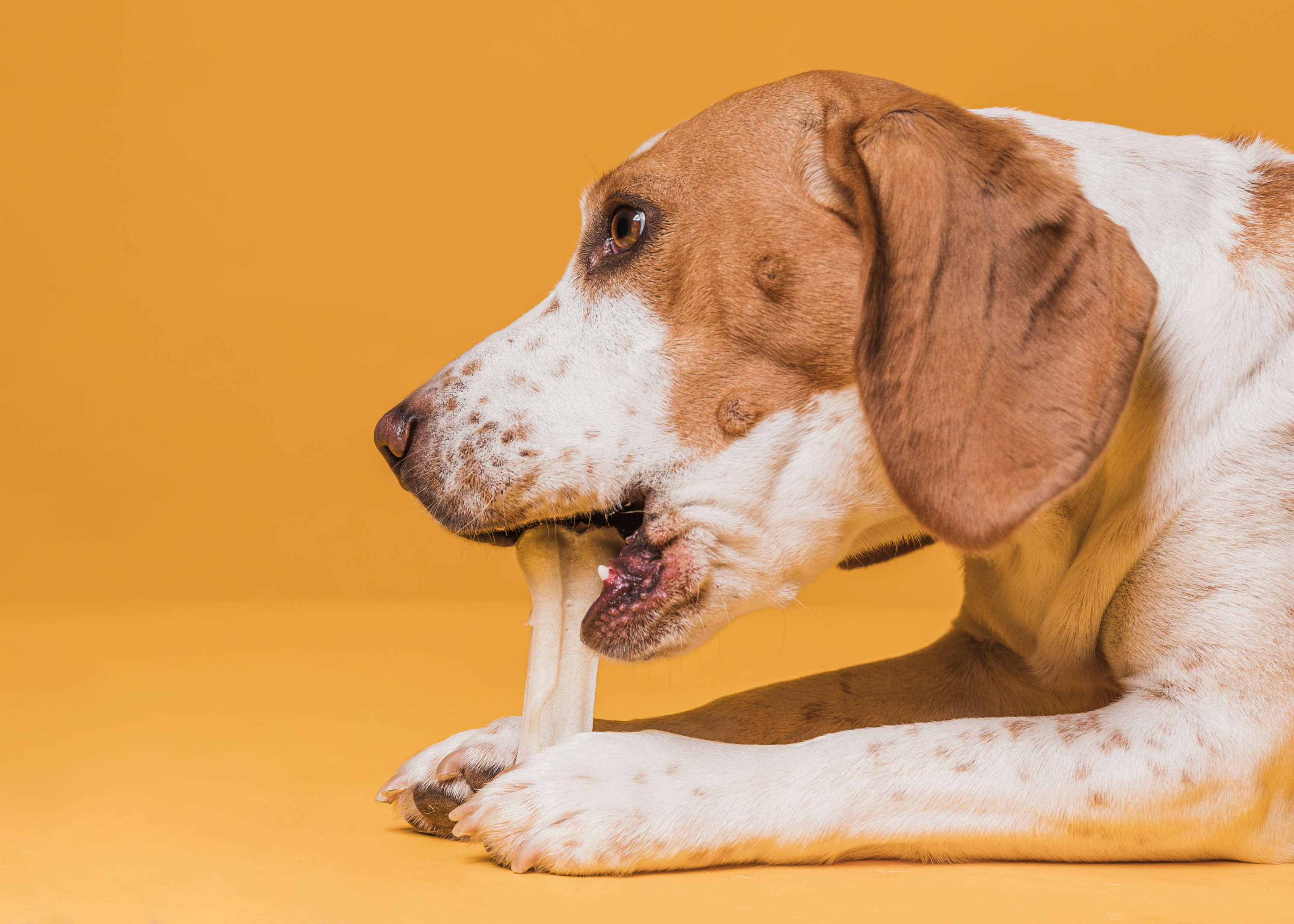
These tiny pieces are absolutely safe for dogs to chew on and digest. Plus, they are also packed with nutrients. Antlers are a stimulating and healthy treat for your dog to chew on with their teeth. But make sure you know when it’s time to throw it away.
These little pieces are safe for dogs to eat and are easily digested.
But, if the antler wears down to a small size your dog might try to swallow, it's a sign to replace it. The timing will depend on your dog's size and how long they've been chewing on the antler.
Types of Antler Chews for Dogs
Three common types of antlers for dogs come from animals with antlers. These antler dog chews provide different chewing experiences, but not all suit your furry friend.
-
Moose antlers
Moose antlers are the softest among dog antlers and have a lot of tasty marrow. However, they don't last long and can easily break into pieces, posing a choking hazard.
-
Deer antlers
Deer antlers for dogs are tough. Whitetail deer antler is the hardest and densest, ideal for aggressive chewers. Mule deer antlers are softer and darker in color.
-
Elk antlers
Elk antlers are larger than any deer antlers, weighing over 10 pounds. They make safe chews for senior dogs or puppies with sensitive teeth.
Can I Give My Puppy an Antler?
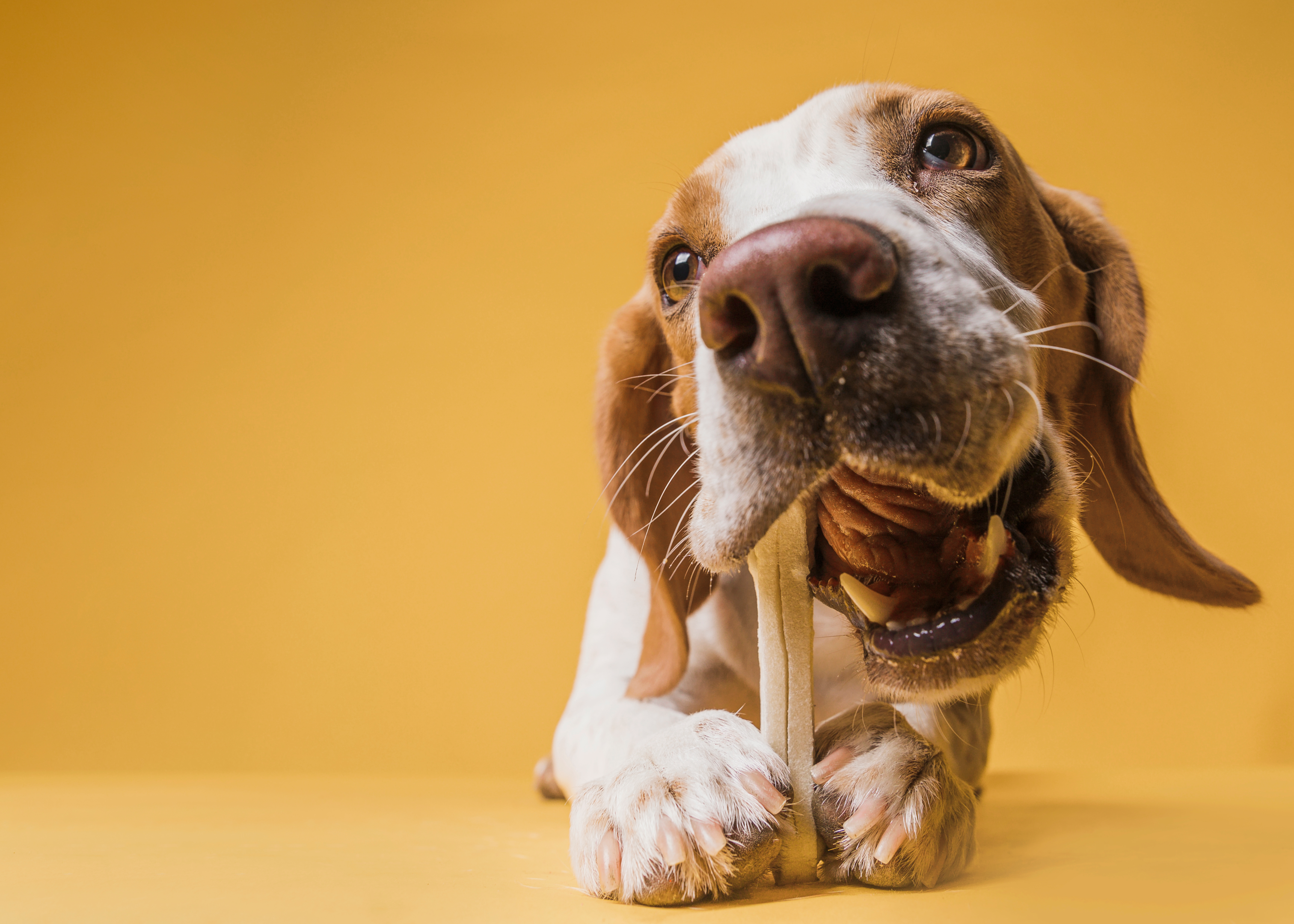
It is not recommended to give a tough chew like an antler to a puppy who's just starting to teethe.
Around two weeks old, puppies get their first set of teeth, often called 'milk teeth.' These teeth keep growing until the pup is about eight weeks old. Pup's teeth are temporary and make way for permanent adult teeth. Antlers are too hard for that canine tooth.
Once your puppy gets close to six months old, you can give them antlers. The sturdy shape of antlers can help puppy teeth fall out, making space for adult teeth to come in. Just like with any other dog, watching over your puppy when chewing on antlers is super important.
If your puppy is already showing signs of being an enthusiastic chewer, there are probably safer treats that won't risk cracking their little teeth. So, it is better to steer clear of those antler chews for those enthusiastic chewers.
What Are the Benefits of Antlers?
Antlers bring a bunch of benefits for your dog:
-
Long-lasting
Antlers can stick around for a long time, from months to years. They're like a forever friend for your dog, providing tons of mental and physical activity. This keeps their brain busy and teeth occupied, saving your drywall from being their chew toy.
-
Hypoallergenic
Antlers are a unique protein not commonly found in regular pet foods. This makes them great for dogs with sensitivities. Antlers, especially from deer, can be a good choice if your pup is on a special diet. They're less likely to cause allergies or inflammation.
-
Odor-free
Unlike many treats that can leave a stinky mess, antlers are one of the few natural treats that don't have much smell. Your furry friend can enjoy their chew with antlers without leaving a scent trail behind.
What Are the Disadvantages of Antlers?
While antlers offer some advantages, there are also potential downsides to giving them to your dog.
-
Tooth Damage Risk
One major drawback of dog antlers is the chance of causing tooth damage. Antlers are hard, and when your dog chews on something so tough, it could hurt their teeth and be extremely painful.
Broken teeth can be painful for your pup and may lead to serious issues like infection. Fixing your dog's teeth can be expensive, running into thousands of dollars.
-
Costly Treats
Dog antlers are not cheap. Even if your dog doesn't break a tooth or get into trouble, these chews come with a high price tag.
A good-quality antler can set you back anywhere from $20 to $60. While they last a while, they might not stick around long enough to justify the hefty cost.
-
Risk of Blockages
Antlers can cause potential health risks by splintering into smaller pieces while your dog chews on them. If your dog swallows these smaller bits, they could get stuck in their mouth, throat, or intestines.
Detecting splintering may be challenging as you cannot tell it has happened until your dog shows signs of trouble, and by then, emergency action might be necessary.
Final Words
In the end, deer antlers can be fun and safe for your dog, but important things must be considered. They last a long time and don't smell, which is also good for dogs' teeth. But they can be too hard and might hurt your dog's teeth. So they might not be too good for your dog's dental health.
Also, deer antlers cost a lot, so buying them can be expensive. There's also a chance they could break into small pieces; if your dog swallows them, it could be a problem.
Before you give deer antlers to your dog, think about your dog's chewing habits and if they're older or younger, as these factors impact your dog's experience of antlers.
Keep an eye on them while they're chewing. If you're unsure, asking your vet for advice is okay. Choosing treats that make your dog happy and keep them safe is important!
